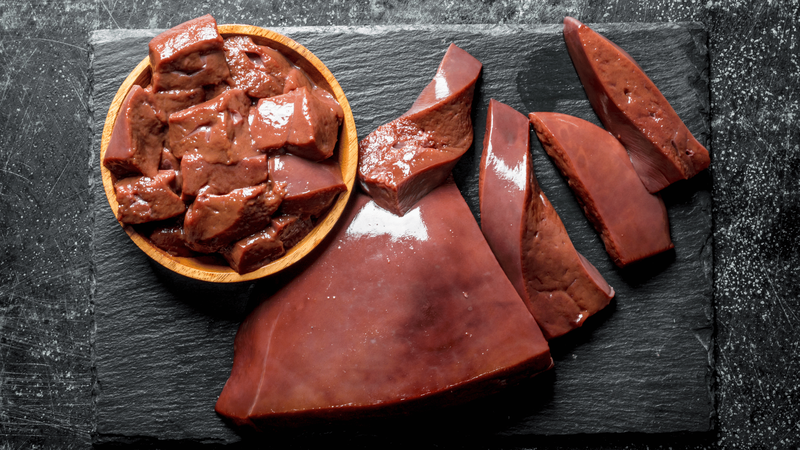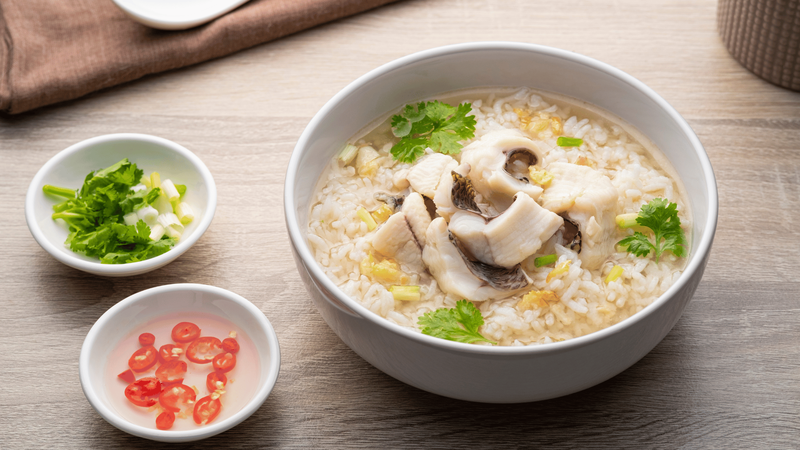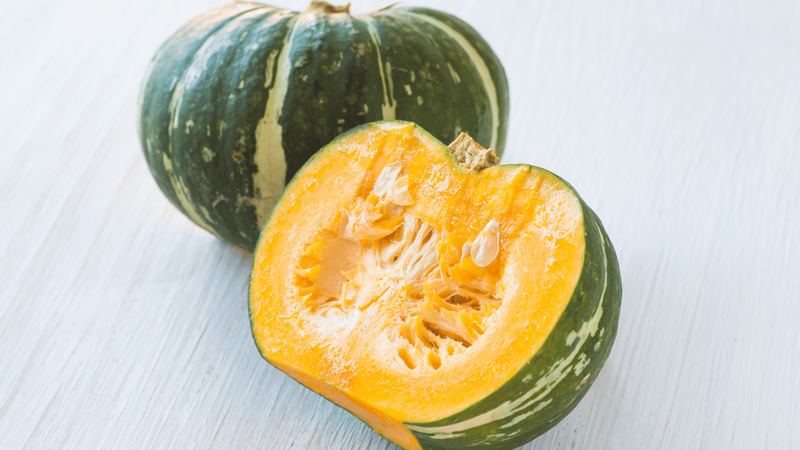Vitamin supplementation is one of the methods to improve health, but not everyone knows how to combine them with the right diet. This article will help you better understand the 6 foods that should not be eaten while taking vitamin supplements to achieve maximum effectiveness.
Vitamin supplementation is necessary to maintain health and improve body function. However, not all foods should be combined when taking vitamins, because they can reduce absorption efficiency or even cause unwanted effects. To avoid unfortunate mistakes, let’s explore the list of 6 foods that should not be eaten while taking vitamin supplements in the article below.
Avoid animal liver when taking vitamin C supplements
Animal liver is a nutritious food source, especially iron and copper. However, when using animal liver while taking vitamin C supplements, you need to note that the amount of copper in the liver can oxidize vitamin C, losing the biological function of this vitamin.

You should limit eating animal liver when taking vitamin C supplements.
The consequence of this is that the body cannot take advantage of the immune-boosting, antioxidant and collagen-promoting properties of vitamin C. To avoid this, you should consume animal liver at least a few hours away from taking vitamin C.
Avoid drinking alcohol when taking vitamin A
The combination of alcohol and vitamin A can have serious effects on the body. Vitamin A plays an important role in maintaining the visual cycle, supporting the immune system and improving reproductive function. However, drinking alcohol when supplementing vitamin A will reduce the ability to absorb and use this vitamin.
In addition, alcohol also puts a burden on the liver – the main organ that stores vitamin A in the body. If this condition persists, it can cause liver damage, impair vision, and negatively affect male reproductive health.
When supplementing vitamins A and D, avoid eating soup and porridge
Soups and porridge are easy-to-digest snacks, but when supplementing vitamins A or D, you need to be careful. Porridge soup contains the enzyme lipoxygenase, which can break down and destroy fat-soluble vitamins. This results in vitamins A and D being unable to perform their roles in protecting bones, supporting vision, and boosting the immune system.

Soup and porridge are among the 6 foods you should not eat while taking vitamin A and D supplements.
To avoid this, you should eat foods containing fat-soluble vitamins along with foods rich in natural fats such as fatty fish or avocado to increase absorption efficiency.
When supplementing vitamin B1, avoid eating fish and clams
If you eat fish or clams while supplementing vitamin B1, you may have problems. These foods contain the enzyme thiaminase – a substance that can destroy thiamin, reducing the amount of vitamin B1 in the body.
To limit this, you should process fish and clams by cooking thoroughly, because high temperatures can reduce the activity of the thiaminase enzyme.
Avoid foods rich in fat and fiber when supplementing vitamin B2
Vitamin B2 (riboflavin) is very important for energy metabolism and supporting the nervous system. However, consuming foods rich in fat or fiber can reduce the ability to absorb vitamin B2.
- Fiber: Increases intestinal motility, causing vitamin B2 to be excreted before it is absorbed.
- Fat: Increases the body’s need for vitamin B2, making the deficiency worse.
If you are supplementing vitamin B2, you should limit meals high in fat or too much fiber and instead combine the vitamin with protein-rich foods such as eggs, milk or beans.
Limit foods containing boron when supplementing vitamin B6
Vitamin B6 plays an important role in protein metabolism, supporting the nervous system and strengthening the immune system. However, foods containing boron (boron) such as pumpkin, carrots, eggplant can affect the absorption and use of vitamin B6 in the body.

When taking vitamin B6 supplements, you should limit your intake of pumpkin.
Boron when combined with vitamin B6 will reduce the efficiency of metabolism, making the body unable to make the most of this vitamin. If you need to supplement both boron and vitamin B6, you should take them at different times to avoid negative effects.
Hopefully the above article has helped readers understand the 6 foods that should not be eaten while supplementing vitamins in the most specific way. Unwanted interactions between food and vitamins can reduce the ability to absorb, even causing the loss of biological effects of vitamins. Therefore, pay more attention to your diet and learn carefully before supplementing vitamins, to ensure that your body receives all the necessary nutrients.





